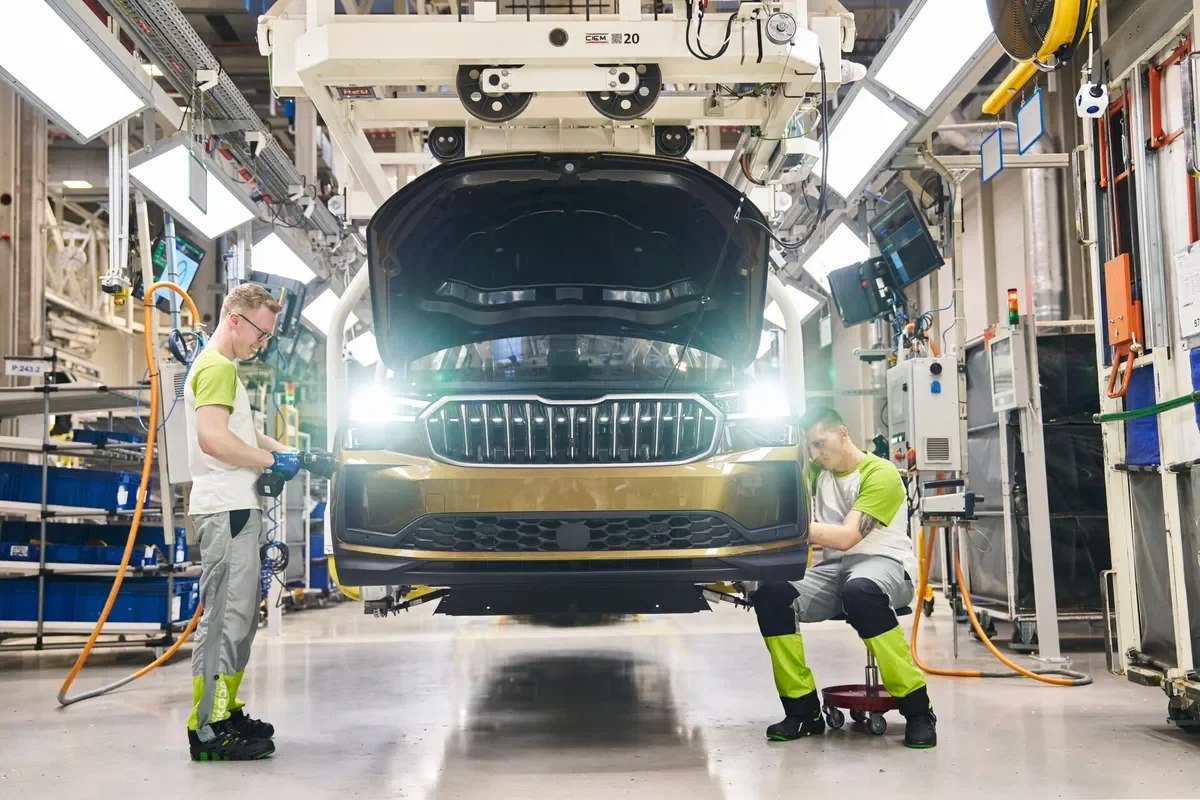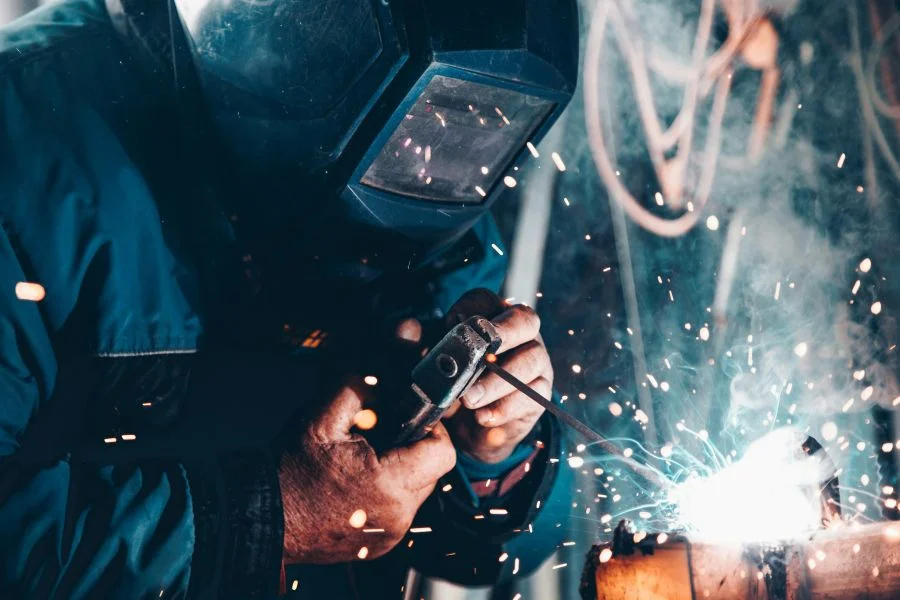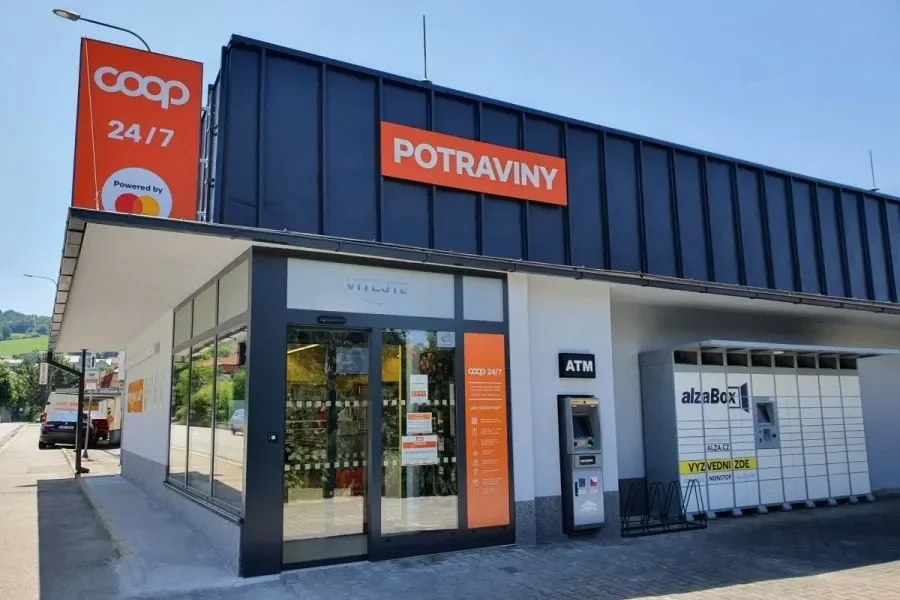
Czech Automotive Industry: 5% Increase in Production by the End of November Compared to the Previous Year
Electric Vehicles Account for Around 10% of Total Vehicle Production
A total of 1,365,816 passenger cars were produced in the Czech Republic between the beginning of the year and the end of November—an increase of 5% compared to the same period last year. Despite the growth, the pace of production slowed towards the end of the year. Electric vehicles accounted for 10.5% of total vehicle production. These figures are according to the latest data from the Czech Association of the Automotive Industry.
“Although the production volume for the full year is expected to exceed not only the 2022 figures but also the historical highs of domestic production, stagnation in European markets during the third quarter negatively affected domestic manufacturers and suppliers. November was the second month in a row in which fewer vehicles were produced compared to the previous year, and a similar result is expected for December,” explained Zdeněk Petzl, Executive Director of the Czech Association of the Automotive Industry.
In the first eleven months of this year, 1,365,816 passenger cars were manufactured in the Czech Republic—an increase of 5% compared to the previous year. This included 143,578 electric cars, accounting for 10.5% of total vehicle production. Specifically, 107,883 were battery electric vehicles (BEVs) and 35,695 were plug-in hybrids (PHEVs).
Škoda Auto, the largest domestic car manufacturer, produced 844,721 passenger cars (+4.6%) from January to November, including 91,625 electric vehicles (BEVs and PHEVs). This corresponds to a 10.9% share of the brand’s total production. Of these electric vehicles, 76,262 were battery electric vehicles and 15,363 were plug-in hybrids.
The Hyundai plant in Nošovice produced a total of 310,250 vehicles in the first eleven months—2.3% fewer than in the same period last year. Of the total production, 31,621 vehicles were pure electric cars and 20,332 were plug-in hybrids. Electric vehicles accounted for 16.7% of the brand’s total domestic production.
At Toyota Motor Manufacturing in Kolín, 210,845 vehicles rolled off the production line by the end of November—an increase of 20% compared to the previous year, which had been affected by production stoppages due to missing parts. The Yaris HEV hybrid model accounted for almost half of production.
Bus production recorded a slight decrease compared to the previous year, mainly due to order-based production. A total of 3,996 buses were produced by the end of November—a decrease of 14% (648 units fewer) compared to the previous year.
Iveco CR manufactured 3,634 buses (-15.5%) in the Vysočina region, and 597 buses were completed at the sister plant in Foggia, Italy. The SOR Libchavy plant increased production slightly to 331 buses (+2.5%). There was a significant increase in the production of battery-only buses: a total of 115 units were produced between January and November, including 89 electric buses (+342.3%). Of these, 76 vehicles were produced by Iveco CR and 39 by SOR Libchavy.
The long-established motorbike manufacturer Jawa Moto also reported an increase in production. By the end of November, 864 motorbikes had been produced—an increase of 18% (132 units more) compared to the previous year.
Tags
More from Business

Industrial production in the Czech Republic rises sharply in November

Automated Driving: Czech Republic Permits Level 3 Vehicles

